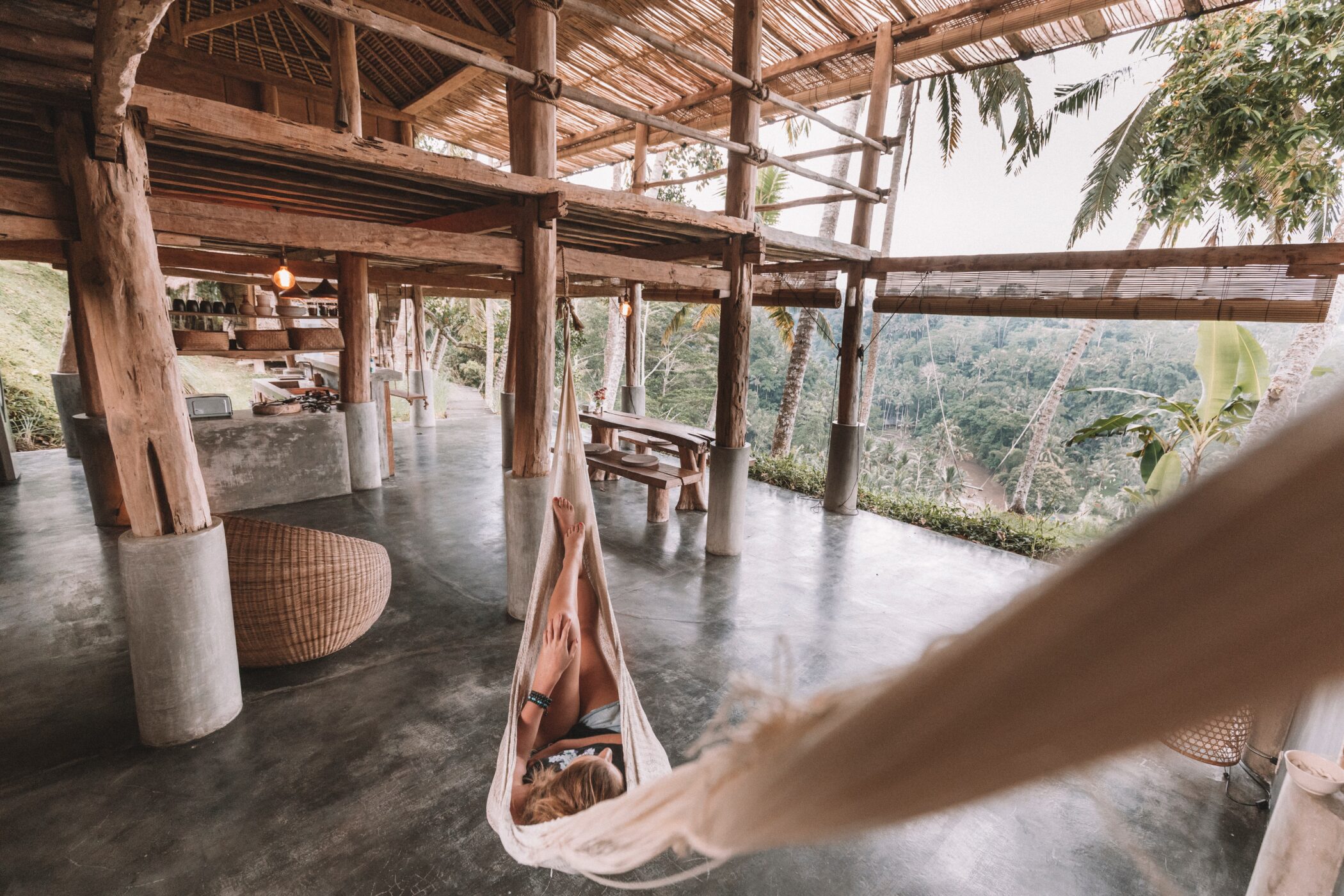As the nation reopens to foreign visitors, Indonesia has launched a ten-year visa designed to attract rich digital nomads, entrepreneurs and retirees – but what are the risks? Rose Dykins reports
Indonesia has announced plans for a digital nomad visa specifically for wealthy global citizens that will allow them to live on the island nation for ten years, called a “second home visa” (and dubbed a “beach house” visa).
Widodo Ekatjahjana, the country’s acting director general of immigration announced the launch of the visa at the G20 Summit in Nusa Dua in November 2022 as a measure to attract more global visitors to Indonesia.
The conference marks the return of international tourists to Indonesia and welcomed thousands of delegates from across the world’s 20 largest economies.
Speaking at the summit, the director general said the new second home visa was aimed at foreign nationals “who plan to stay and make a positive contribution to the Indonesian economy”.
Given that the visa is income-dependent, it is likely to attract retirees or older applicants with life savings, or ultra-wealthy digital nomads to make Indonesia their home. Applications will open in December 2022
In September 2022, Indonesia also announced plans to develop a five-year digital nomad visa. allowing visitors to live in the country while working for an overseas company. The current B211A visa – coined the “Bali visa” allows people to live in Indonesia for up to six months.
At a time where the global tourism industry has to find new paths forward after Covid-19, Indonesia’s second home visa is part of Indonesia’s growth plan to capitalise on its alluring tropical climate, fascinating culture and natural beauty to attract digital nomads with money to burn – and hopefully global citizens with a meaningful contribution to make to the country.
At the same time, concerns have been raised at the risk the new visa poses for over-development at the expense of local people. While the goal is to bring economic growth and job creation through tourism, if the visa is designed to help high earners invest in Bali and make it their home, it raises the question of how the cultural landscape and the lives of the island’s original residents will be affected by the influx of wealthy long-term residents who have bought the right to stay for decade, and whether it will further fuel inequality. The uptake and long-term impact of the second home visa remains to be seen.
